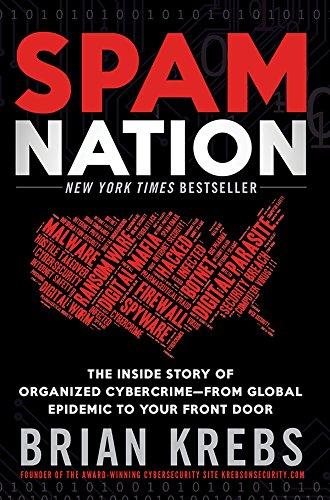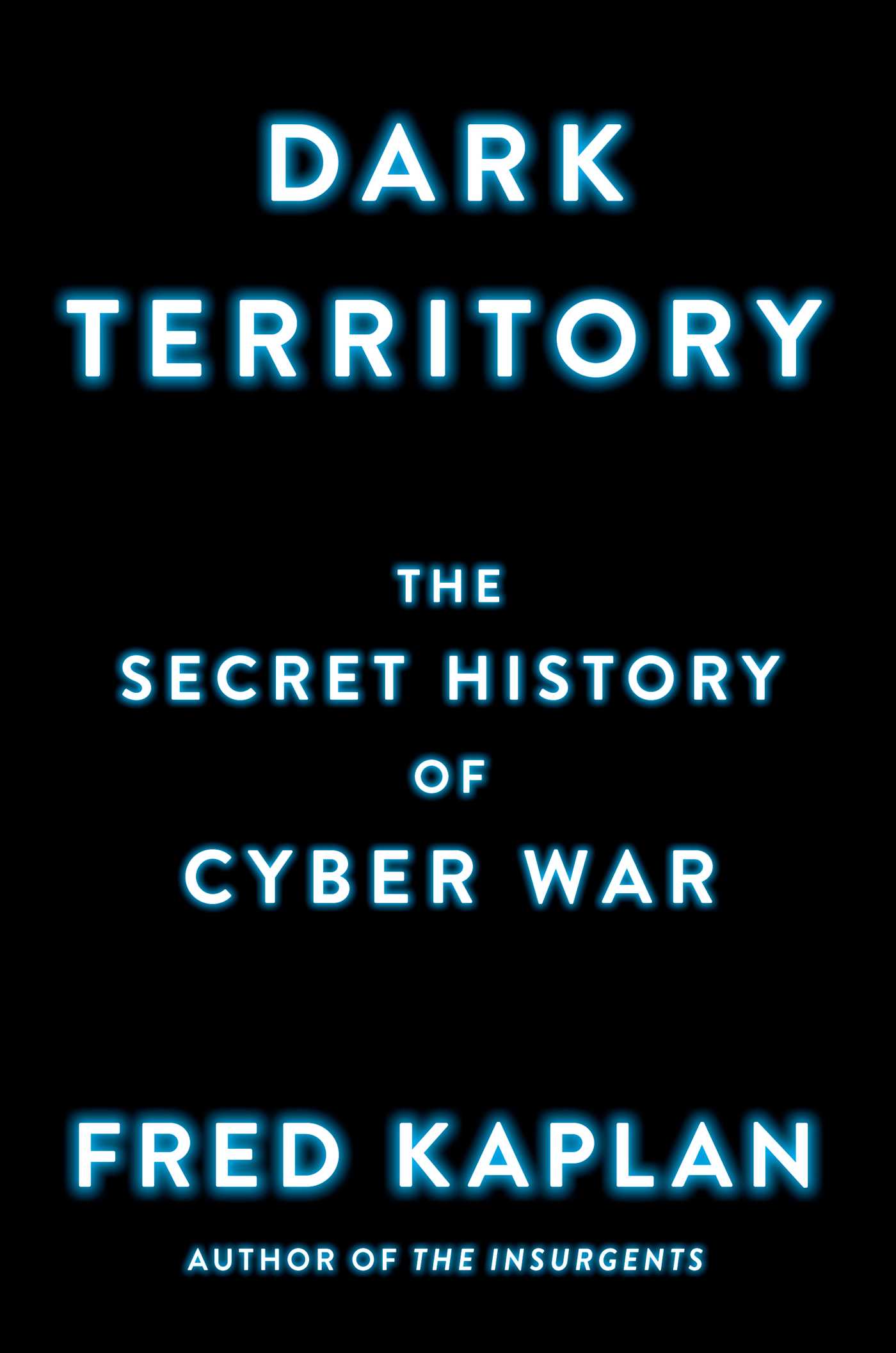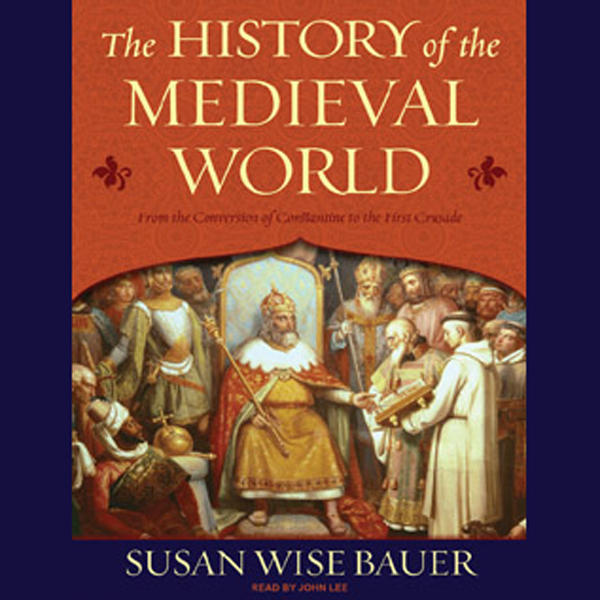|
@War by Shane Harris
Published in November 2014 288 Pages Thibault's Score: 3/5 Unlike the other books about cyber warfare that I've been devouring over the last two weeks, this book isn't sympathetic towards the NSA and the praetorian guard. The other books I reviewed were either neutral or had a slight pro-espionage bias. @War is a scathing critique of cyber warfare, and all of the irresponsible government behavior around the 5th domain. While the ideas explored are very interesting, the presentation isn't always great. At certain points, Harris copy-pastes entire paragraphs from earlier chapter. There are many incomprehensible run-on sentences, and the work doesn't feel fully finished. While I recommend everyone to spend time learning about cyberwarfare, I would direct people either towards Spam Nation or Dark Territory.
1 Comment
Future Crimes, by Marc Goodman
Published in January 2016 608 Pages Thibault's Score: 2/5 After reading 2 really, really good cybersecurity books, Dark Territory and Spam Nation, I decided to pick up Future Crimes. I didn't finish the book because after 200 or so pages, it became clear I wouldn't learn everything. Only technologically incompetent Boomers have anything to learn from this book, and all millennials should already know everything in here. When I read the book I thought it was written 10 years ago when the iPhone first came out because the information was so milk-toast. The Crusades, by Richard Newhall
Published in 1964 110 Pages Thibault's Score: 2/5 I love to crusades, so I forced myself to finish this book. It was a real snoozefest. Spam Nation, by Brian Krebs Published in November 2014 256 Pages Thibault's Score: 5/5 Read this book. Do it. Ever see sketchy looking ads like this one? Or this one?
Brian Krebs systematically lays out the story of the people behind these ads. Who are they? How much money do they make? Do people really fall for them? Read this book- it will change the way you look at popups forever. Dark Territory, by Fred Kaplan
Published in March 2016 352 Pages Thibault's Score: 4/5 Dark Territory is an amazing book. I've always been very interested in cyber warfare, and this book catalyzed many things that I have been researching and studying for several years. The writing style is interesting, and Kaplan does a good job at introducing the many fascinating characters. All of the topics I covered in my first blog about cyber security appear here. Celtic Mythology and the Religion of the Ancient Celts, by Dr. Jesse Harasta
Published in May 2014 62 Pages Thibault's Score: 3/5 This is a history textbook likely written for college students and covers the basics of Keltic history and mythology. I really like the fact that the authors spend a lot of time explaining the process of uncovering and piecing together what we know about Keltic history. Many history books that I read often gloss over the historical discovery process. My only reproach is that this book does that a bit too much - instead of actually focusing on the details and stories of Keltic mythology, the authors spend too much time exploring the surrounding history of the Kelts. Chinese Literature, A Very Short Introduction by Sabina Knight
Published in Feb. 2012 160 Pages Recommended: 2/5 Part of the reason why I didn't enjoy reading this book is because I didn't have the right expectations. I expected this book to be about the archeology and historical value of Chinese literature. I found the topic to be excessively boring. That said, like all books in the "very short introduction" the language is clearly and logically written. I stopped reading the book halfway, and moved on to Celtic Mythology. Khan, A Life of Conquest, by Alexander Kennedy
100 Pages Recommended: 3/5 Khan, A Life of Conquest is a short and factual description of Genghis Khan's brutal life. Kennedy steers clear from our modern historical stereotypes, and explains why much of Khan's barbaric behavior was justified and expected by the standards of his time. Khan unified several "mongol*" tribes, and conquered the Chinese empire. He then set his eyes west, and pushed all the way into Persia and Russia. The clash between nomadic and sedentary people played another major role in history. He is remembered for his many offspring and his brutal conquests. This book help me understand the context behind Genghis Khan's brutality. Life on the step was harsh, and brutal customs evolved on the Eurasian Plane. The terrain made it impossible to sustain most agriculture, so the people had to rely on herding. The problem with herding is that cattle can easily be stolen by raiders. In order to defend themselves against raiders, the steppe peoples developed extremely violent customs. When a steppe tribe would subjugate a rival tribe, all of the men of the rival tribe were executed. The kings were usually strangled, which was viewed as a more noble way of dying. The children were raised as members of the conquering tribes. All of the young women are captured, and taken as concubines for the tribe's warchiefs. The "mongols" were surprisingly advanced. The modern stereotype of wild horse peoples is a Hollywood myth. For example, the "mongols" had a very advanced postal system which allowed messages to travel their vast empire in a matter of days. The roads had a series of well-spaced trading posts where fresh riders and horses would wait. When a messenger would arrive at a trading post, he would pass the package to the next rider, who would immediately depart. Genghis Khan also established a rudimentary system of law and order. Under his rule, the roads were safe and free from bandits. Caravans could, for the first time ever, safely travel by land across Eurasia. Khan also lowered taxes for many merchants, and under his rule, commerce flourished. The "mongols" also displayed very sophisticated military tactics. The armies followed strict rules: no drinking during the battles, no retreat, no looting before a battle was over, etc... Prior to Khan, the "mongols" had a major tactical disadvantage: they couldn't capture cities. Under Khan, they made use of sophisticated siege weapons and were able to sweep across entire empires. I recommend that everyone read about Genghis Khan, but wouldn’t necessarily recommend this book. *The word "mongol" is a modern construction, and Genghis Khan would have had no concept of Mongol identity. The History of the Medieval World by Susan Wise Bauer
746 Pages Recommended: 2/5 I do not recommend the book, and had to strain myself to finish it- it took me nearly a whole month to plow through it. The prose is orderly and understandable, but the book's organization is frustrating. Susan Wise Bauer spends 10-15 pages on a topic or civilization, then, without warning, jumps somewhere else on the globe. She will go from covering the Byzantine Empire then suddenly jump to the ancient Chinese or Indians. I found the style to be very disengaging. The frustrating thing is that each 10-15 page bit is interesting. I really find early Medieval history to be interesting, especially concerning the Byzantine and French kingdoms. Reading this book, however, feels like reading a bunch of wikipedia articles. Islam Unveiled by Robert Spencer
202 Pages Recommended: 3/5 I wanted to see how this book contrasts with the history of Islam that I reviewed a few weeks ago. Although the book was published in 2002, Robert Spencer paints a very bleak picture of Islam which might as well still apply today. Spencer argues that the history of Islam is extremely violent from the time of Mohamed until the present. Nowadays, many people argue that all religions are inherently as violent as each other, and that what really matters is how religions are used. Spencer argues that this isn't the case because Islam teaches a system of morally relativistic ethics while Christianity, Buddhism, and Judaism teach universal ethics. Islam protected women's rights when it was first implemented, and was better than the various Arabian pagan religions. When Islam was implemented, women saw an improvement in their living conditions, but their customs stagnated. Now all other women have surpassed Muslim women in rights, but Islam has stayed backwards. While Spencer's case is very powerful, he is sometimes guilty of cherrypicking the worst examples possible. I wish he used more statistics and actuarial science to make his case. While I overall agree with many, if not most, of his arguments I don't necessarily think that he is the best messenger of these ideas. |
Thibault SerletMost of my articles are book reviews, but I also write about many other topics. Archives
December 2023
Categories |












 RSS Feed
RSS Feed